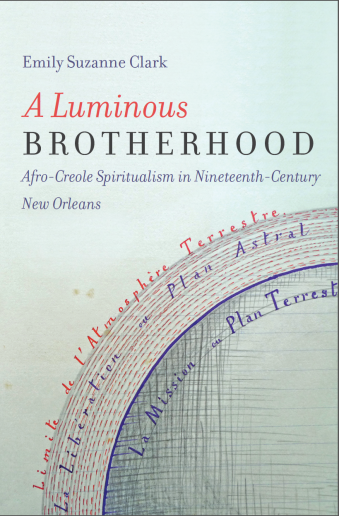‘Raising Mixed Race’: An Evening with Sharon H. Chang and TangerinePosted in Asian Diaspora, Family/Parenting, Identity Development/Psychology, Live Events, Media Archive, United States on 2016-09-24 16:14Z by Steven |
‘Raising Mixed Race’: An Evening with Sharon H. Chang and Tangerine
The Seattle Public Library
Central Library
Level 1 – Microsoft Auditorium
1000 Fourth Avenue
Seattle, Washington 98104-1109
Thursday, 2016-09-29, 19:00-21:00 PDT (Local Time)
Join us for an author talk, and live music by Seattle band Tangerine, to celebrate the final stop of Sharon H. Chang’s “Raising Mixed Race: Multiracial Asian Children in a Post-Racial World” book tour.
Drawn from extensive research and interviews with sixty-eight parents of multiracial children, “Raising Mixed Race: Multiracial Asian Children in a Post-Racial World” examines the complex task of supporting our youngest around being “two or more races” and Asian while living amongst post-racial ideologies. “Racist America” author Joe R. Feagin hailed Chang’s work as “one of the best field interview studies of multiracial issues yet to be done,” one which captures “the gritty realities of being mixed-race in this country.”
Following an interview with Sharon H. Chang about their experiences as multiracial musicians, Seattle indie band Tangerine will perform a live set with songs from their latest EP, Sugar Teeth…
For more information, click here.



